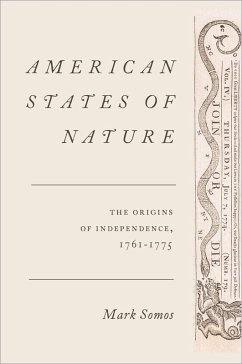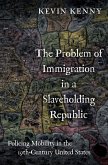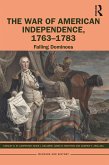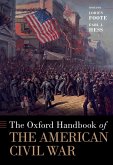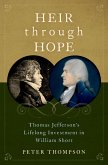American States of Nature transforms our understanding of the American Revolution and the early makings of the Constitution. The journey to an independent United States generated important arguments about the existing condition of Americans, in which rival interpretations of the term "state of nature" played a crucial role. "State of nature" typically implied a pre-political condition and was often invoked in support of individual rights to property and self-defense and the right to exit or to form a political state. It could connote either a paradise, a baseline condition of virtue and health, or a hell on earth. This mutable phrase was well-known in Europe and its empires. In the British colonies, "state of nature" appeared thousands of times in juridical, theological, medical, political, economic, and other texts from 1630 to 1810. But by the 1760s, a distinctively American state-of-nature discourse started to emerge. It combined existing meanings and sidelined others in moments of intense contestation, such as the Stamp Act crisis of 1765-66 and the First Continental Congress of 1774. In laws, resolutions, petitions, sermons, broadsides, pamphlets, letters, and diaries, the American states of nature came to justify independence at least as much as colonial formulations of liberty, property, and individual rights did. In this groundbreaking book, Mark Somos focuses on the formative decade and a half just before the American Revolution. Somos' investigation begins with a 1761 speech by James Otis that John Adams described as "a dissertation on the state of nature," and celebrated as the real start of the Revolution. Drawing on an enormous range of both public and personal writings, many rarely or never before discussed, the book follows the development of America's state-of-nature discourse to 1775. The founding generation transformed this flexible concept into a powerful theme that shapes their legacy to this day. No constitutional history of the Revolution can be written without it.
Dieser Download kann aus rechtlichen Gründen nur mit Rechnungsadresse in A, B, BG, CY, CZ, D, DK, EW, E, FIN, F, GR, HR, H, IRL, I, LT, L, LR, M, NL, PL, P, R, S, SLO, SK ausgeliefert werden.

